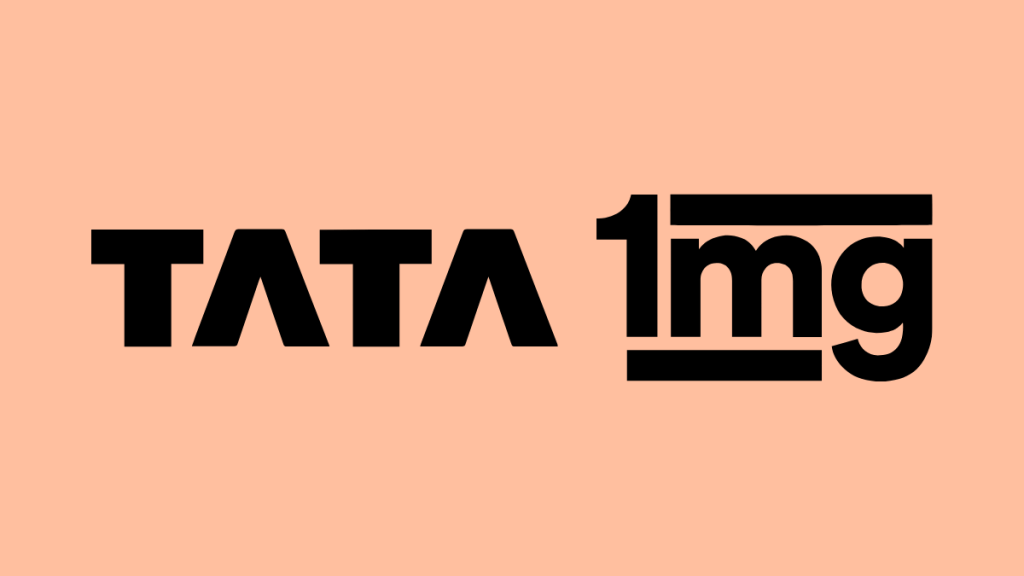Tata 1mg’s trajectory in the Indian digital healthcare space has been marked by an early start, multiple pivots, and a shift from pure-play e-pharmacy to a more integrated platform strategy. Now backed by the Tata Group, the company sits at the intersection of India’s healthcare and technology ambitions, but its journey has not been linear.
The company began as HealthKartPlus in 2013 under Bright Lifecare. In 2015, the e-pharmacy vertical was carved out into a standalone entity, 1mg. At a time when online medicine delivery was still a regulatory grey zone and digital health literacy was low, the brand focused on consumer education, offering free information on drugs, side effects, and generics. That content-first strategy helped 1mg build early credibility, even as it struggled with the operational challenges of prescription validation, logistics, and profitability.
Over the years, the platform expanded into diagnostics, e-consultations, and wellness products. By 2021, the company was clocking over 30 million monthly users and had delivered to 1,800 cities and towns. That same year, the Tata Group acquired a majority stake in 1mg, giving it access to deeper capital and regulatory strength, a significant factor in an industry still navigating policy ambiguities. The company was rebranded as Tata 1mg in 2022.
Since then, Tata 1mg has grown into one of the most visible players in India’s healthtech sector. According to internal figures, it has served over 220 million orders and built a network of more than 400 diagnostics centres. Its mobile app has been downloaded 100 million times, and its website draws over 40 million unique monthly visitors.
Yet, scale hasn’t come easy. Prescription processing, for instance, was a long-standing pain point. In a LinkedIn post, co-founder Gaurav Agarwal candidly recalled the company’s early struggles with prescription processing, when approvals took over eight hours due to fully manual workflows. “We first tried solving this back in 2016. And we failed, spectacularly! Digitising handwriting is hard. Digitising doctors’ handwriting? That’s art, not text,” he wrote. Since then, the platform has adopted a layered approach using image processing and algorithmic models to locate and extract medicine data from prescriptions, cutting approval time to under a minute.
Now, after a year of internal development, the company is preparing to roll out a new prescription digitisation AI that aims to go beyond compliance. “It reads a doctor’s prescription, doesn’t matter if it’s typed, scrawled, scribbled, or abbreviated. And it pulls out 80+ data points and converts doctor-written information into structured insight,” Agarwal said. The new tool will soon be available to consumers directly. “Not just digitisation for compliance, but a co-pilot that helps you understand your prescription. Holistically. Because understanding your health shouldn’t be this hard.” The move signals 1mg’s ambitions to enhance user experience and deepen engagement in a sector where trust and clarity remain key differentiators.
While prescription AI showcases Tata 1mg’s tech ambitions, the business is also betting big on diagnostics. It has built a network of 25 central labs and 100+ collection centres, and it claims that 50% of its diagnostic revenue comes from non-metro cities, a deliberate move to widen its user base beyond urban India. Home sample collection, enabled by an in-house phlebotomy network, is a core part of the strategy.
On the advertising and brand-building front, the company has largely stuck to performance-driven marketing, leaning heavily on app installs, search, and medical keyword SEO. Its YouTube presence, with over 1.3 million subscribers, has been used to simplify medical concepts and build a trusted voice in preventive healthcare.
Still, competition is heating up. PharmEasy, once its closest rival, is recalibrating its focus on diagnostics. Meanwhile, platforms like Apollo 24/7 and Amazon Pharmacy continue to push their integrated models. Regulatory scrutiny is also intensifying, especially around data privacy, e-prescriptions, and the sale of scheduled drugs online. The Tata brand name may offer a moat, but healthcare is a long game, and India’s is still in early innings.
